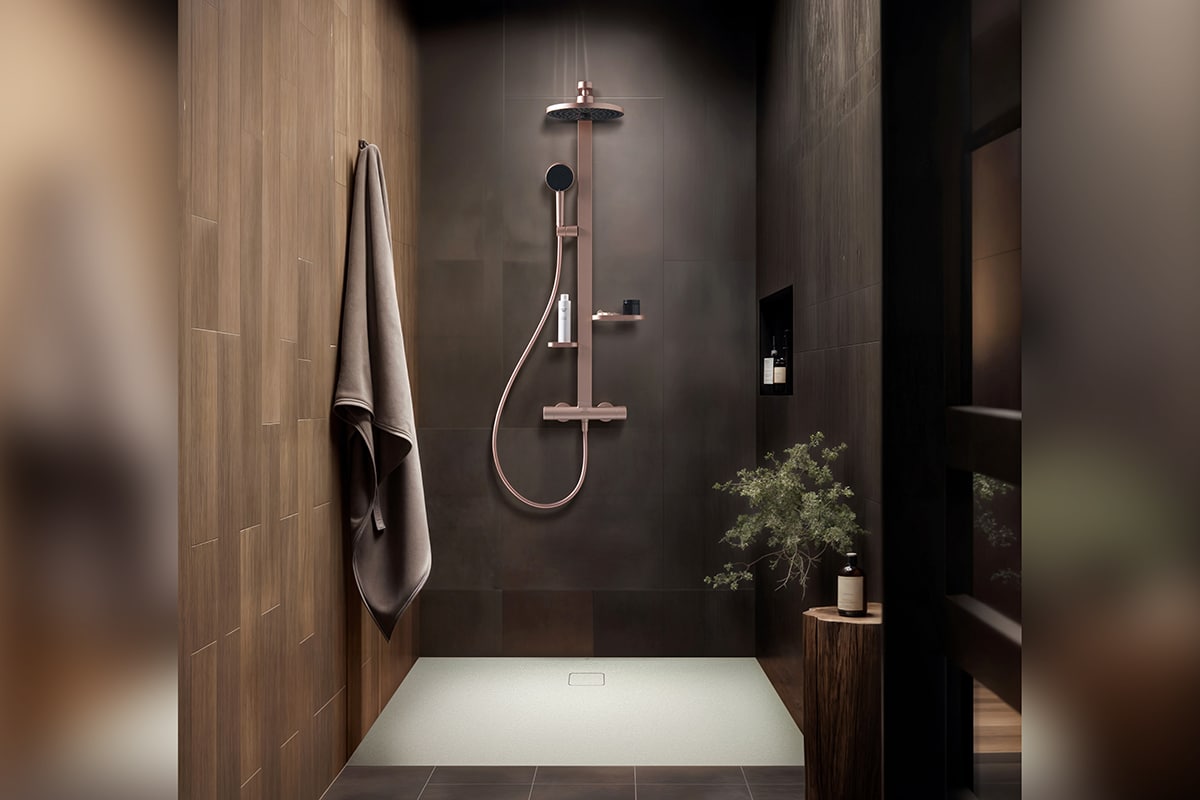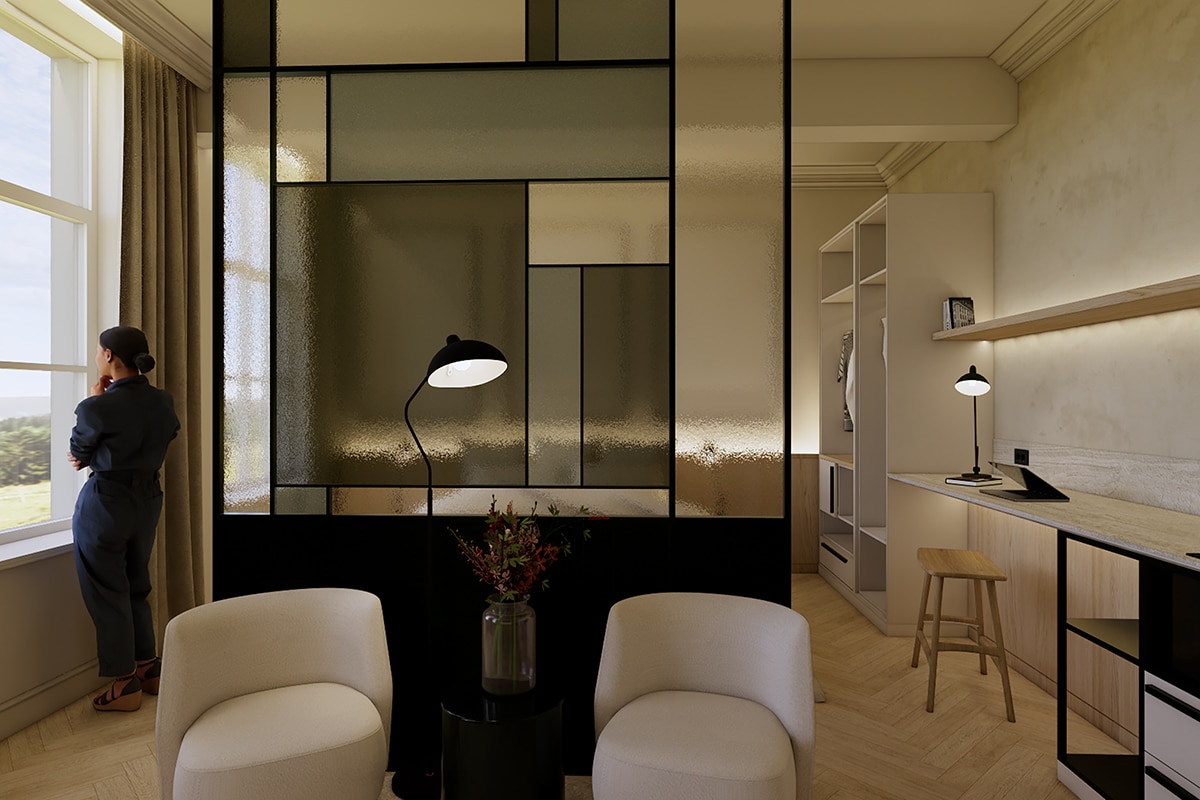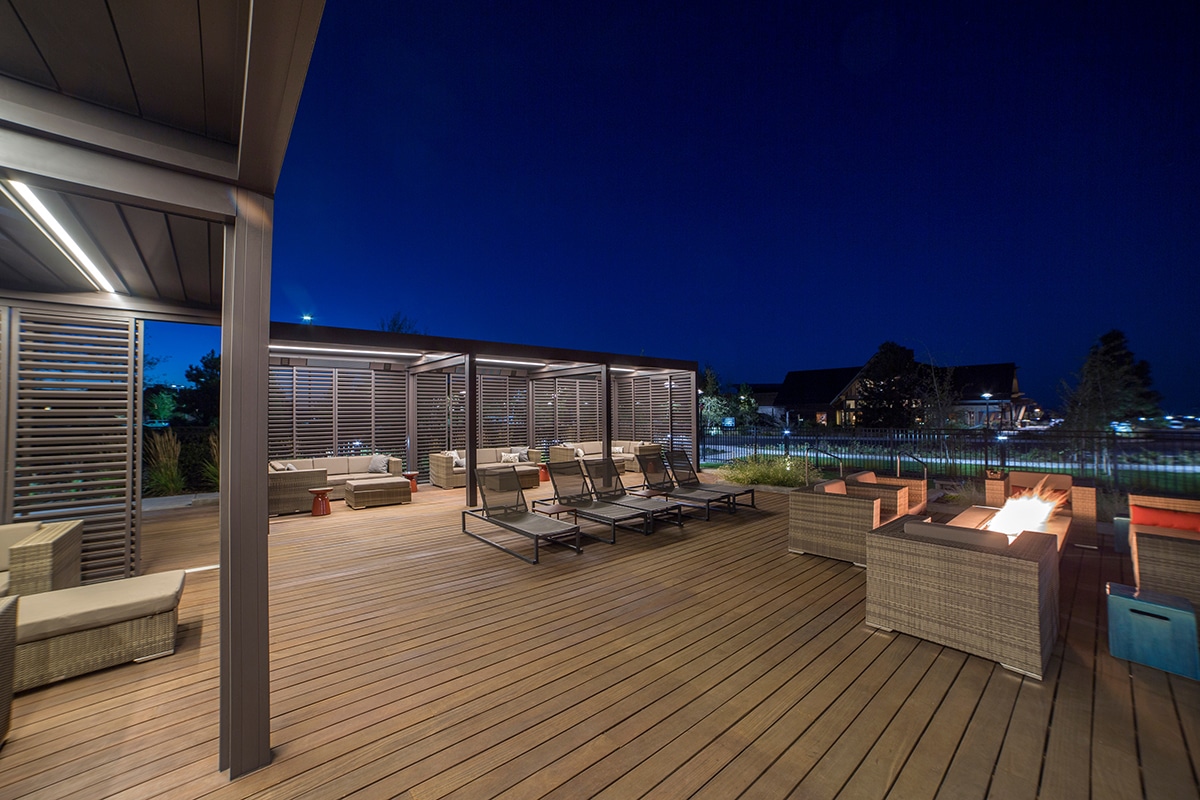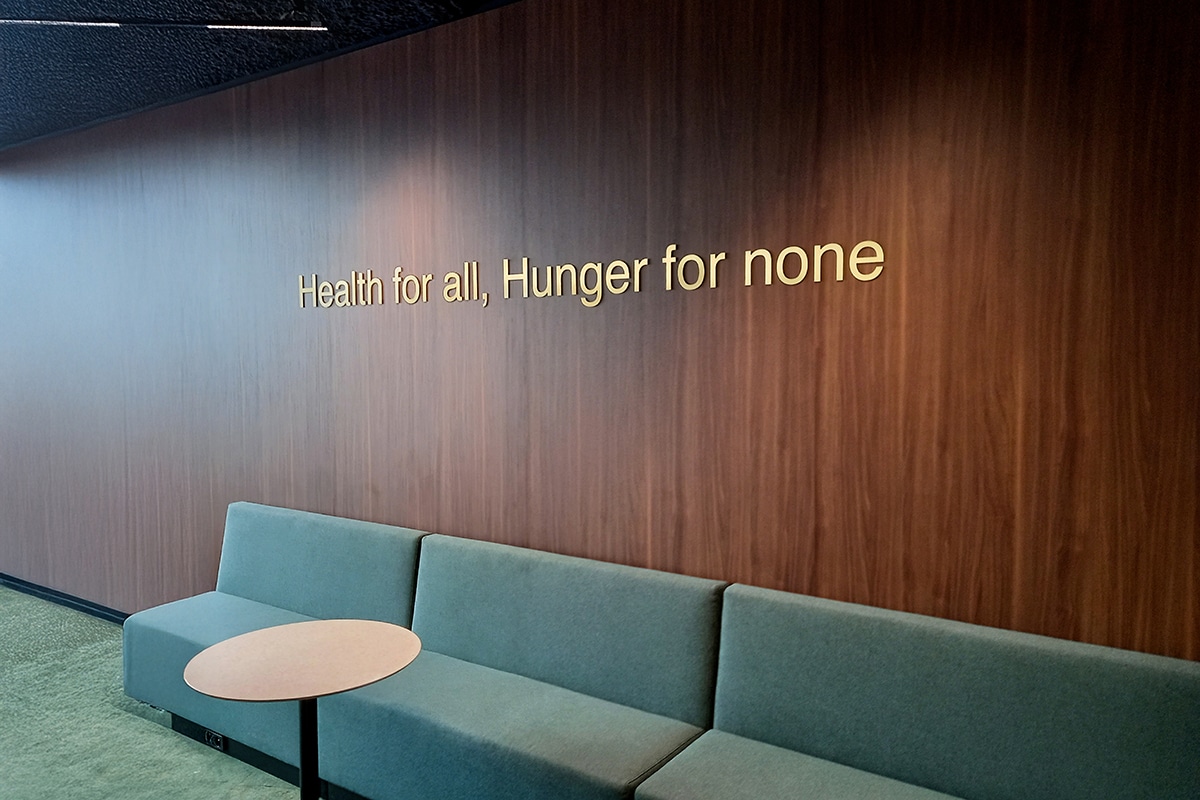
The new world of food and drink - Part 1
'Everything starts with the new consumer need'
In this edition of HOTELVAK, we kick off with a series of articles on 'the new world of food and beverage'. We address topics that concern everyone within food & beverage, the hotel industry, food service and food business. How do we adapt our human resources, our earnings model and our entrepreneurship? We want to challenge, inspire and support readers to better understand the new world of food and beverage. Confrontational issues are not avoided in the process.
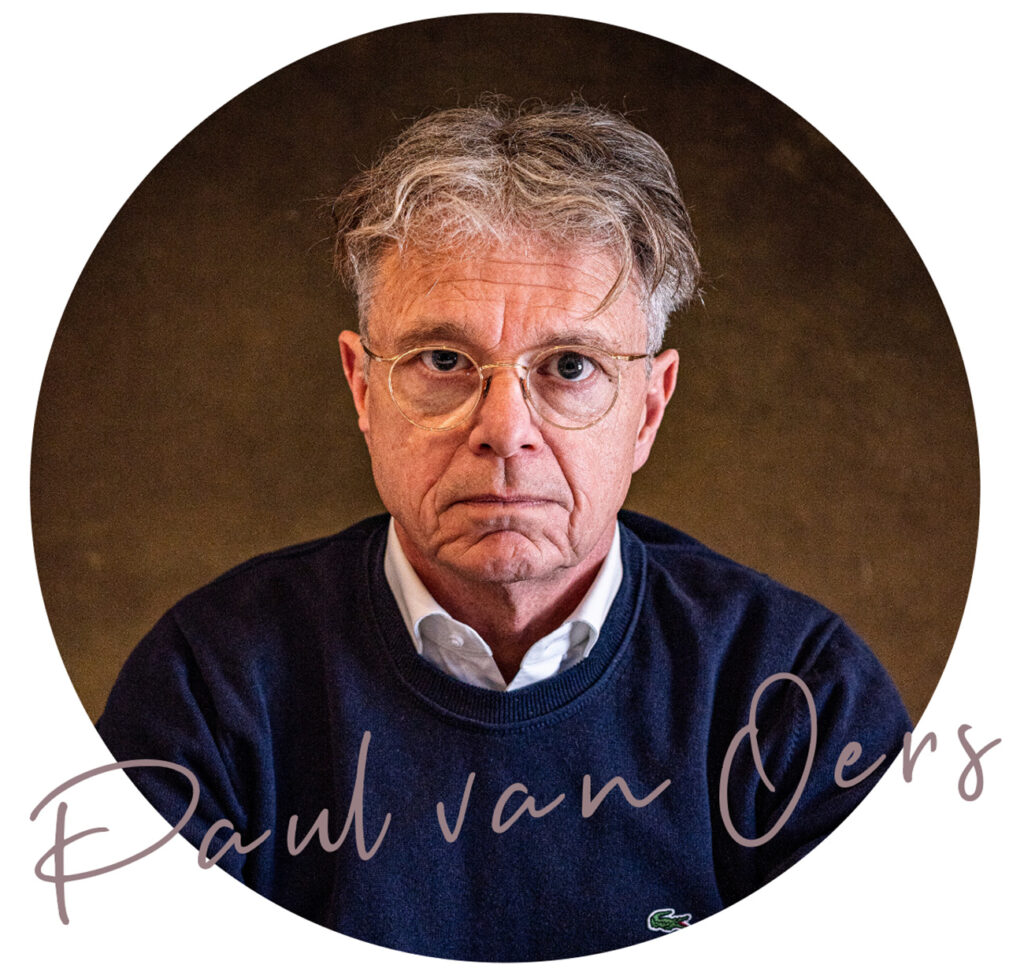
In the coming editions, Paul van Oers takes us through his vision and provides food for thought. He is food service lecturer at the Hotel Management School Maastricht, Founding partner at The Food Education Company and also holds 3 SVH Meestertitels. In this edition, Paul gives his initial views.
Paul van Oers' journey began some 30 years ago in the traditional world of food and drink to arrive at the new world of food and drink. He has spent the last 15 years visualising its creation in the international food service playing field. "One conclusion stands out: the old world of food and drink is finite. We need to transform in the hospitality channel, develop new revenue models and form new alliances. In this series, we portray the force fields in an international framework. We name the opportunities and encourage the reader to say goodbye to outdated thinking patterns. We need to work together. That applies to hospitality providers just as much as to vocational education."
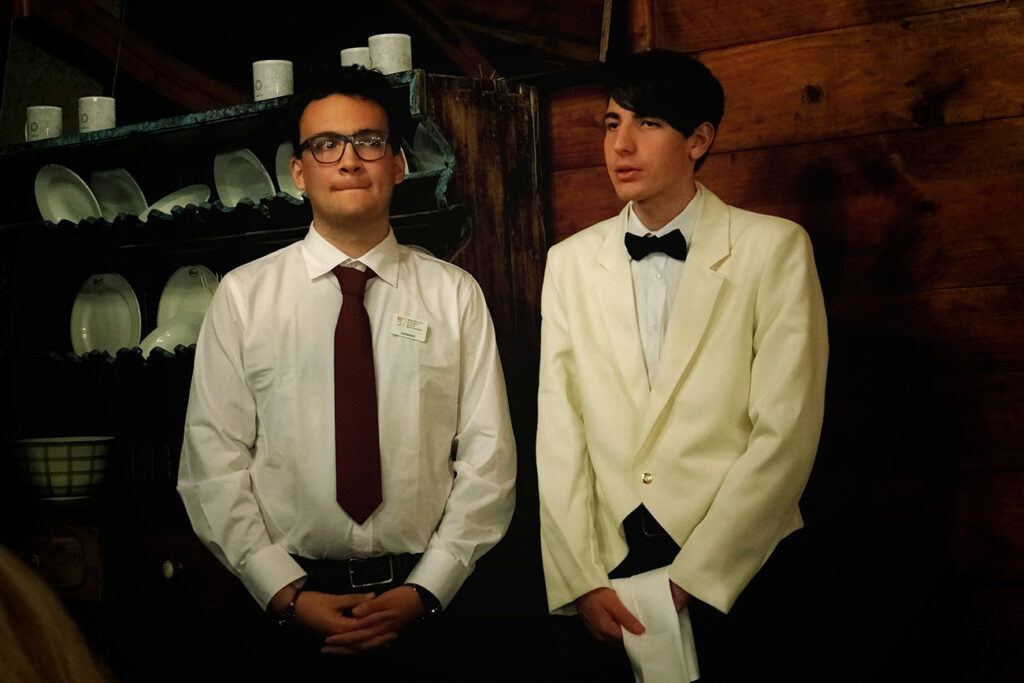
The new consumer need
In this series, the starting point is always the new consumer needs. It is important to realise that by 2030, some 60% of consumers will already belong to the millennials (born 1981-1995) and Generation Z (born 1995-2015). These generations have different behaviour and needs than what much of the market is geared towards. This creates considerable tension for all service and product providers, including in the hospitality and hospitality sector.
From brand to lifestyle
On average, young generations have a very different attitude to life than baby boomers and Generation X, born between 1961 and 1980. They make new demands on companies and products and make different choices as consumers. Brands are of less interest to them. They primarily look for providers who can fulfil their specific needs - at the time the need arises, not when it suits the provider. This is a dramatic development for many established brands because they will have to write off some of their brand value and drastically change their marketing. The changed need comes from an entirely new lifestyle. Those who don't know what lifestyles are out there and don't keep up with them, those who don't follow younger people's concerns and those who don't test their products and services for relevance to new generations are behind the times. It is important for hospitality entrepreneurs to be fully aware that the rules of the game have changed, what their lifestyle actually means to the new generations and what consequences this has.
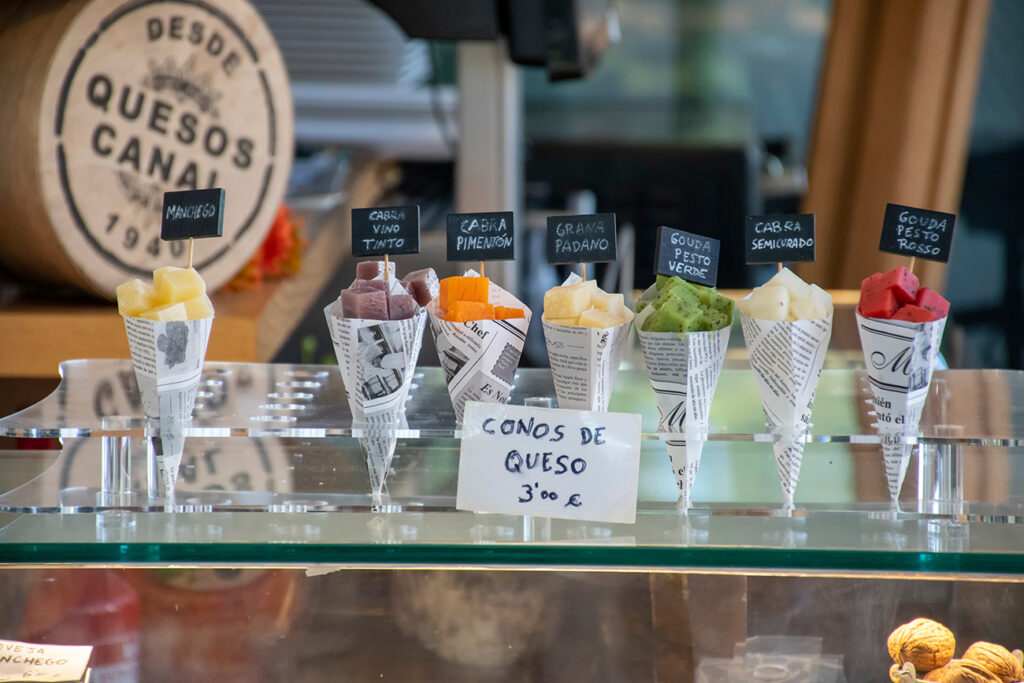
This is already amply reflected in the macro figures of the world of food, drink and accommodation, which encompasses much more than the hospitality industry alone. Domestically, we are talking about an annualised market of 63 billion euros, of which 11 billion is developed in the hospitality industry. Within six years, this market will grow further to 80 billion euros. So it is a hard fact that a multiple of that 11 billion a year is realised outside the hospitality and hospitality sector.
There we see the same things coming back: not just hospitality, but services and products at the interface of lifestyle - and also of good competitive quality! The new consumer does not care about traditional channels - such as pubs, hotels and restaurants - but, regardless of the channel, looks for moments to fulfil their food, drink, sleep and experience needs. Purely from their own lifestyle. This can be done in the hospitality industry, but also in many other places. In short, the playing field has become much, much broader. Globally, Generation Z and millennials inherit $68 trillion from the baby boom generation. As such, these generations represent enormous spending power.
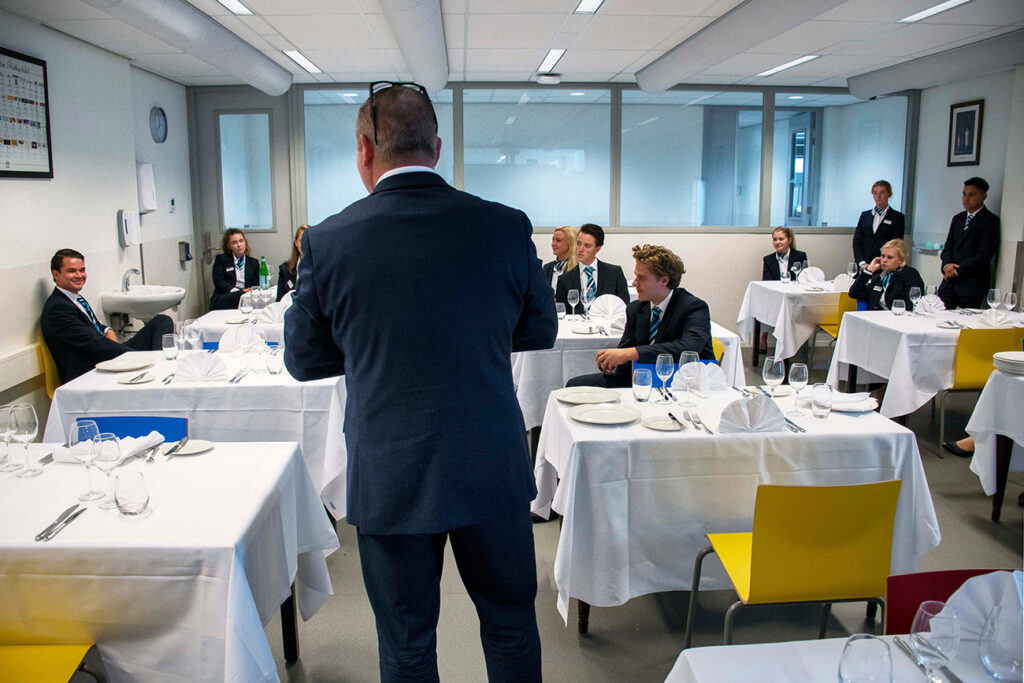
End of an era
This development is not an isolated one. We live in a time when many cycles have reached their end point and the birth of a new reality is imminent: not least a new economic reality with new product-market combinations, new forms of communication and new prices. In fact, we are already in the middle of that turnaround with all its disruptive effects. Products and services that break down the world further no longer have a future.
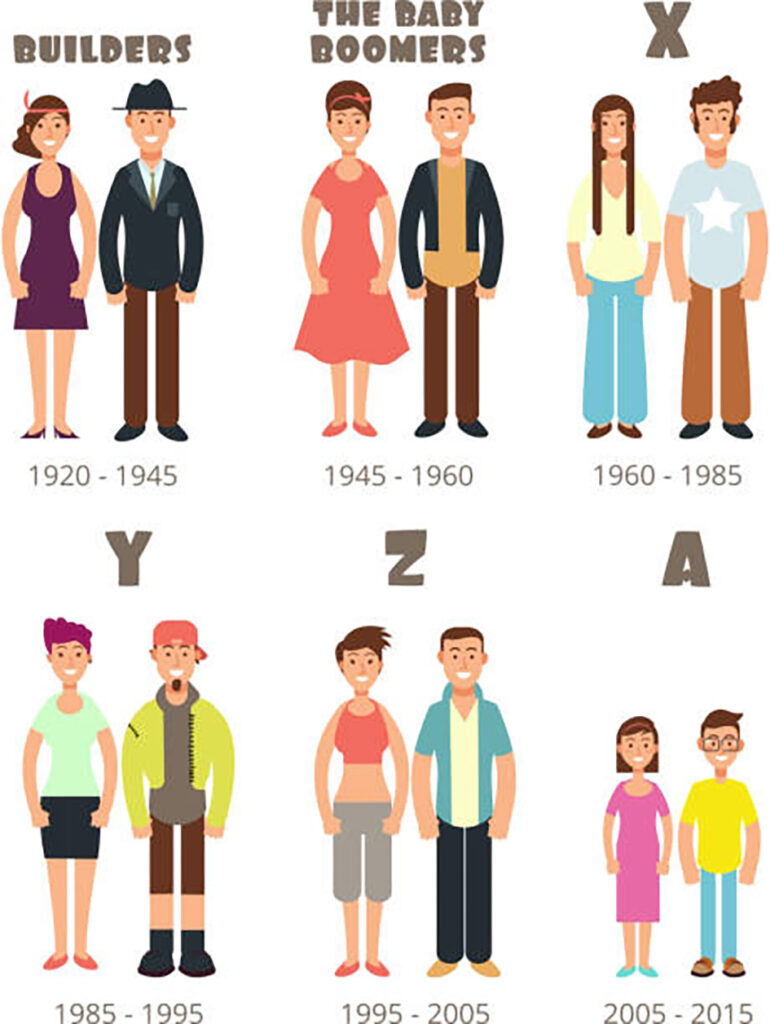
At the same time, a significant part of the hospitality industry relies on an outdated market approach and vocational education too still leans too much on the insights and maxims of a bygone world. The new consumer asks: why can't I order a dish from the lunch menu after 4 o'clock? The entrepreneur who thinks that he or she can still set the rules of the game or who thinks that change happens in phases is mistaken. The new economy is one of constant change, forcing us to keep changing with it. Get used to it. Start making mistakes and learning from them. Invite young people to watch these changes together and, above all, establish good relationships with them, because you can learn a lot from them, including from their open-mindedness.
In the next edition: 'Towards demand-driven and personalised'
